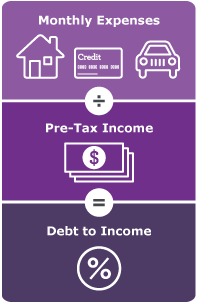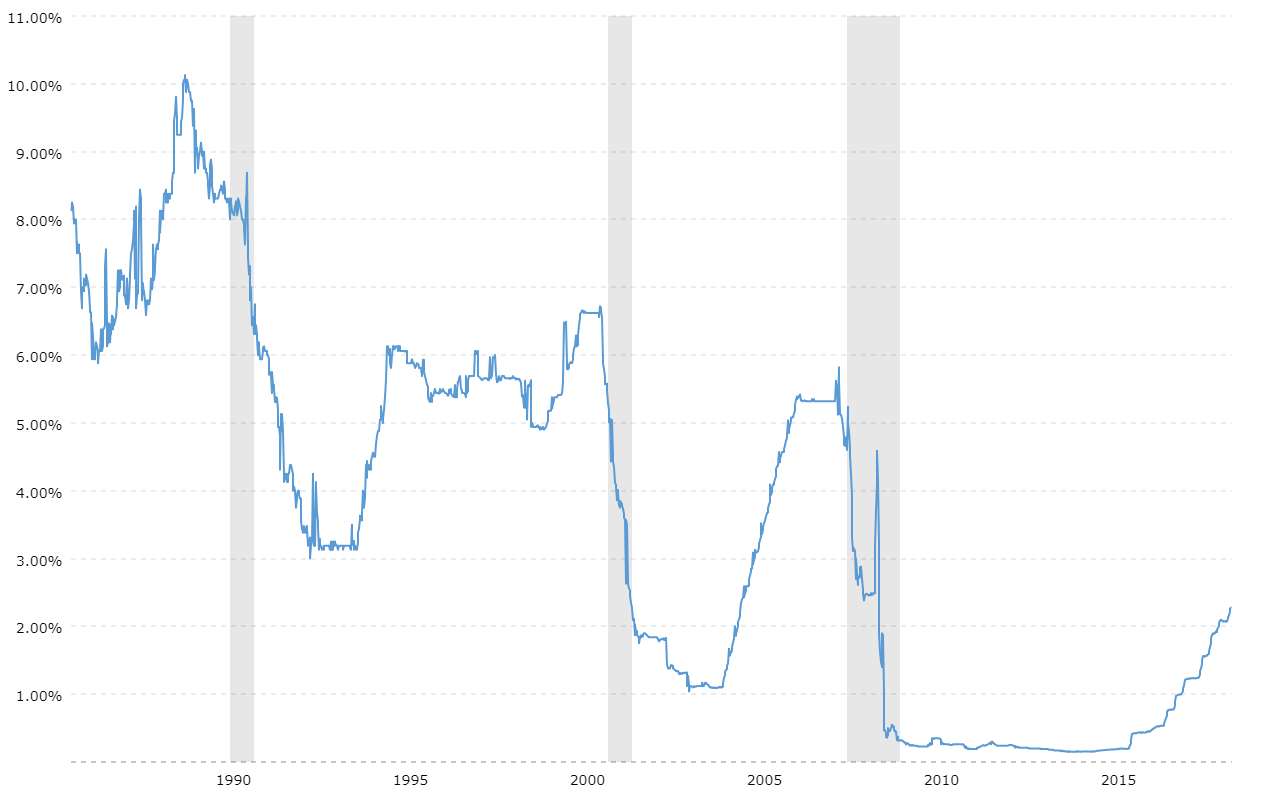Because financial policy and institutional reforms make a return of subprime and nontraditional lending in the current market less likely, the capability of the prime traditional market to serve property buyers determining as racial and ethnic minorities is likely to be a crucial issue for policymakers.
What is it? A charge the Federal Housing Administration collects from borrowers that can be paid in money at the closing table or rolled into the loan. What's altered? The FHA raised the premium earlier this year from 1. 75 percent of the loan's value to 2. 25 percent. Why? The cash will renew the funds FHA uses to compensate lenders for default-related losses. If you roll the premium into the financing, you will likewise pay interest on it throughout the life of the loan. What is it? Re-financing a home loan for a greater amount than is owed on the loan and taking the difference in money in effect, pulling timeshare buyouts equity out of the house. Previously, they were permitted to use up to 95 percent of value. Why? Borrowers can tap approximately 85 percent of the home's present value. Formerly, they were permitted to use up to 95 percent of worth.
How does this affect me? Cash-out offers have become harder to discover. Even with conventional loans, lots of lenders provide this kind of funding just to individuals with superior credit and considerable equity - who has the lowest apr for mortgages. What's changed? On Feb. 1, the FHA suspended a policy for one year that banned FHA borrowers from buying a home if the seller had actually owned it for less than 90 days - mortgages or corporate bonds which has higher credit risk.


Why? The objective is to motivate investors to purchase improperly kept foreclosures, fix them up and offer them to FHA buyers as quickly as they struck the marketplace. How does this impact me? This opens up a wider range of properties to FHA debtors. But assessments need to be done to identify whether the house is in working order. If the price of the house is 20 percent greater than what the financier paid, a 2nd appraisal is required to figure out whether the increase is justified. The procedure needed the condominium's management to complete a survey attending to the agency's must-meet conditions. What's altered? The firm eliminated area approval earlier this year. Now, any apartment buyer with an FHA loan need to adhere to an FHA-approved building. A loan provider, developer/builder, property owners association or management business can submit a plan to the FHA seeking approval. Some aspects of that initiative have actually been briefly loosened up through Dec. 31 to try to stabilize the apartment market. Why? Condos are commonly thought about the market's shakiest section due to the fact that they are popular with speculators and economically vulnerable entry-level buyers. A lot of foreclosure-related losses have actually originated from condos, which is why industry policies have forced loan providers to look more closely at the makeup of whole complexes prior to extending loans. At least 50 percent of the units in a project must be.
owner-occupied or offered to owners who prepare to occupy the units. As for new building, 30 percent of the systems should be pre-sold prior to an FHA loan can be funded there. What is it? Contributions that sellers kick in to assist defray a buyer's costs. What's changing? The FHA proposes slashing allowable seller concessions in half, topping them at 3 percent of the home rate rather of the current 6 percent. Why? FHA analyses show a strong correlation in between high seller concessions and high default rates, perhaps since the concessions can result in inflated home rates. What does this mean to me? This buyer's perk will quickly become less generous - find out how many mortgages are on a property. The proposition does not ban concessions above 3 percent. However concessions surpassing 3 percent would result in a dollar-for-dollar reduction in the house's sales cost and decrease the quantity of the allowed loan. What is it? Three-digit numbers that assist loan providers determine how likely an individual is to repay a loan in a timely way. The higher the number, the better the rating. What's altering? This year, the FHA prepares to enforce a minimum credit score requirement: 500 (who took over abn amro mortgages). Customers with credit report below 580 would need to make a https://www.mindstick.com/articles/126392/how-to-properly-exit-your-timeshare deposit of at least 10 percent instead of the usual 3.
5 percent minimum. Why? Low-scoring debtors default at a greater rate than more creditworthy ones. What does this mean to me? Lenders are currently enforcing harder credit rating requirements on FHA debtors than the firm is proposing, which might describe why just 1 percent of customers with FHA-insured single-family house loans have scores listed below 580. What is it? Lenders needs to document information about the home( such as its worth )and the debtor (such as earnings, financial obligation, credit report )to examine whether the individual is most likely to pay back the loan. What's changing? High-risk debtors whose loans were flagged by the automated system could soon undergo a more thorough manual review by the lender's underwriting staff. Why? The firm is attempting to decrease its exposure to risk by limiting the discretion loan providers have in authorizing loans. What does it suggest to me? Customers whose loans are by hand underwritten would be needed to have money reserves equal to at least one monthly mortgage payment. For instance, their total debt would not be allowed to exceed 43 percent of their https://geekinsider.com/the-problem-with-timeshares-and-how-primeshare-differentiates/ income. What is it? A brand-new program that permits borrowers existing on their home mortgage payments to re-finance into an FHA loan if they are undersea, implying they owe more on their home mortgage than their house deserves. The FHA would permit refinancing of the first home loan just. If there is a 2nd home loan, the two loans integrated can not exceed the current value of the house by more than 15 percent once the first loan is re-financed. Why? Many individuals are vulnerable to foreclosure because their home worths have actually plummeted, making them unable to refinance or sell.
their homes if they lose their tasks or face a financial problem. What does it suggest to me? Refinancing in this manner will most likely harm your credit, and certifying won't be easy. The loan provider or financier who owns your current mortgage needs to willingly decrease the amount owed on that loan by at least 10 percent. Likewise, you normally need to have about 31 percent or more of your pretax income available for the brand-new regular monthly payment for all mortgages on the property.